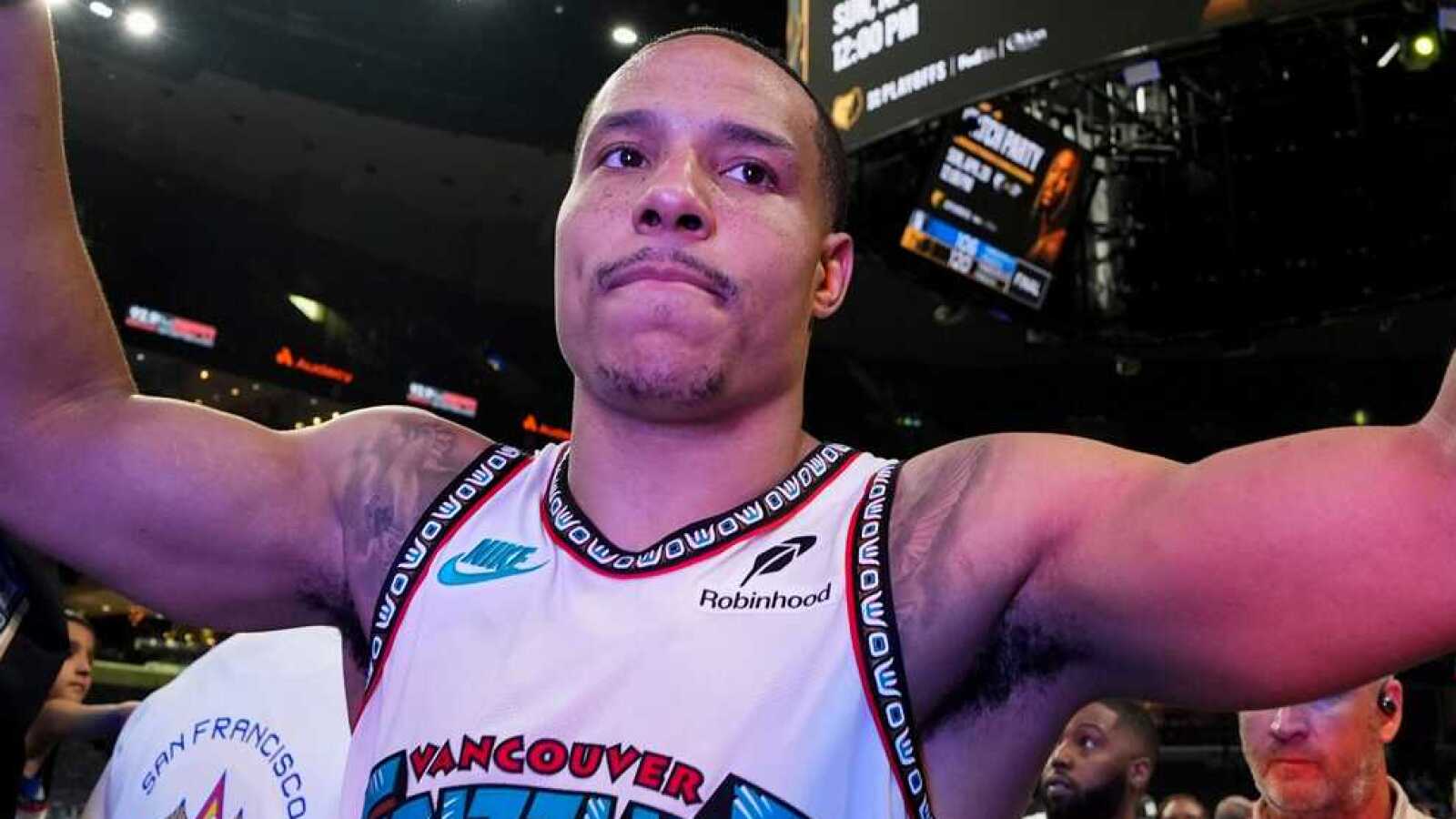Legendary Boston Red Sox designated hitter David Ortiz understands why the team traded away Rafael Devers. In his first comments since the deal, Ortiz took the team’s side, saying, “You have to give the club the benefit of the doubt.”
That’s a departure from Ortiz’s take in early June, when he seemed to agree with Devers’ decision to stick at designated hitter following an injury to first baseman Tristan Casas. At the time, Ortiz said, “He’s doing great as the DH. They asked for it, and he’s doing great as the DH.”
Advertisement
But following Sunday’s deal, which saw Devers traded to the San Francisco Giants, Ortiz reversed course, implying ego and maturity played a role in the team’s decision, per The Athletic.
“The organization is always going to be there. Players come and go. As a player, sometimes you’ve got to put your ego aside and understand that once you get paid, you’ve got to find a way to do what you’re told,” Ortiz said.
“That’s a message for all young players who think they turn out to be bigger than the game. I’m not saying that Devers was like that. He’s humble. He’s a good kid. But sometimes when you’re young and immature, you (don’t realize that).”
Ortiz explained that he experienced friction with the Red Sox during his career, but “was mature enough to understand and keep things internal.”
That wasn’t the case with Devers, who made multiple public comments about his dissatisfaction over the Red Sox’s approach to having him change positions. After signing Alex Bregman in the offseason, the team asked Devers to play designated hitter. He bristled at the idea initially before eventually signing off on it.
That changed a few weeks later, when Casas went down with a season-ending injury. The Red Sox then approached Devers about playing first with Casas out. Devers refused, and ripped team general manager Craig Breslow in the process.
Advertisement
Despite all that drama, Devers performed on the field. After a glacially slow start, Devers recovered and was hitting .272/.401/.504 at the time of the trade. He’ll take a career-high 152 OPS+ to San Francisco following the deal.
Ortiz was careful to avoid directly throwing Devers under the bus, but he implied Devers’ youth prevented both sides from reconciling.
“I think it would be easier, if they pay you that kind of money, to go, ‘F*** it, let’s do it.’ But players’ egos play a big role sometimes. I’ve seen it with so many players. Sammy Sosa. A-Rod, my frien Manny Ramirez, you name it. And guess what? At the end of the day … you know you did wrong. Once you mature, you understand.”
Ortiz added that, in these situations, the team holds all the power. He said that’s something that can be “hard to understand” when you’re a young player.
While Ortiz no longer plays for the Red Sox, he’s still linked to the organization. He signed a “forever” contract with the team in 2017, allowing him to serve in a variety of roles in the organization.
Advertisement
He let some of that loyalty show when talking about the Devers trade, saying, “I prefer to play in Boston than freezing-ass San Francisco for the next 10 years.”
With Devers gone, the Red Sox will try to turn the page on a drama-filled year thus far. Despite all the outside noise, the Red Sox are coming off a three-game sweep over the rival New York Yankees and are still very much in the playoff hunt in the American League.
Trading Devers will almost certainly hurt in the short-term, but it wasn’t a white flag trade. Maybe Ortiz was right about giving the team some credit, though it doesn’t exactly have the best track record when trading away elite talent.
